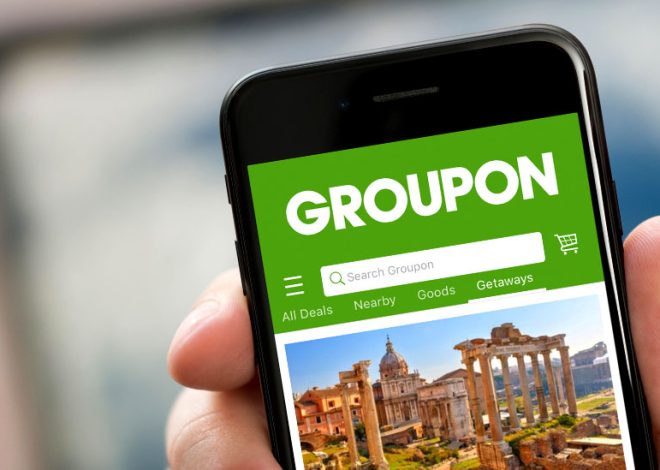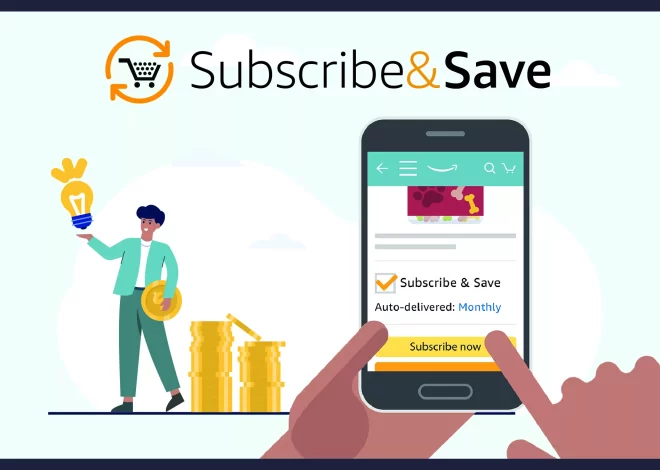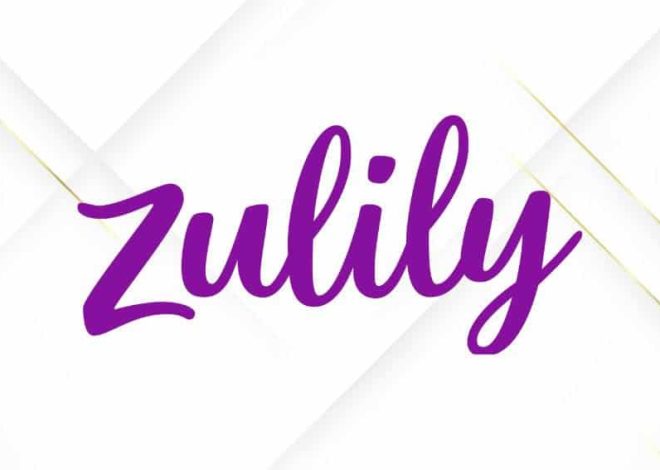
Best Price Tracking Apps for Smart Shopping
As a mom who’s tired of that sinking feeling when you buy something only to see it on sale the next week, I’ve become obsessed with price tracking apps. After testing dozens of apps over the past two years, I’ve found the ones that actually save busy moms time and money.
These apps do the price watching for you, sending alerts when items drop to your target price. No more wondering if you’re getting a good deal or kicking yourself for missing sales.
Why Price Tracking Apps Are Game-Changers for Moms
Traditional shopping means you see a price and have to decide on the spot whether it’s good. Price tracking apps flip this script by:
- Showing price history so you know if current prices are actually good deals
- Setting alerts for when items hit your target price
- Comparing prices across multiple retailers instantly
- Tracking wish list items without constantly checking websites
- Revealing fake sales where “regular price” was inflated to make discounts look bigger
Real Example: I wanted a KitchenAid mixer listed at $299 “on sale” from $399. My price tracking app showed it regularly sold for $279. I waited two weeks and got it for $249 during a genuine sale.
The 7 Best Price Tracking Apps for 2025
1. Honey (Best Overall) ⭐
What It Does: Browser extension and mobile app that tracks prices and automatically applies coupon codes
Best Features:
- Droplist: Get notified when prices drop on saved items
- Automatic coupon application at checkout
- Honey Gold rewards earn cashback points
- Price history graphs show if current prices are actually good deals
Perfect For: Online shopping across hundreds of retailers
Mom-Friendly Factor: Set-it-and-forget-it functionality. Add items to your Droplist and Honey watches prices for you.
Cost: Free (makes money through affiliate commissions)
My Experience: Saved me $847 last year just from automatic coupon codes. The Droplist feature caught a 40% price drop on my daughter’s car seat.
2. CamelCamelCamel (Best for Amazon)
What It Does: Tracks Amazon price history and sends alerts when prices drop
Best Features:
- Detailed price charts show Amazon’s price history over months or years
- Email alerts when items hit your desired price
- Browser extension shows price history directly on Amazon pages
- Tracks all Amazon sellers (Amazon, third-party, warehouse deals)
Perfect For: Heavy Amazon shoppers who want to time purchases perfectly
Mom-Friendly Factor: Simple interface focused on one thing: Amazon price tracking
Cost: Free
My Experience: Helped me realize that “Lightning Deal” on diapers wasn’t actually a deal – they’d been that price three times in the past month.
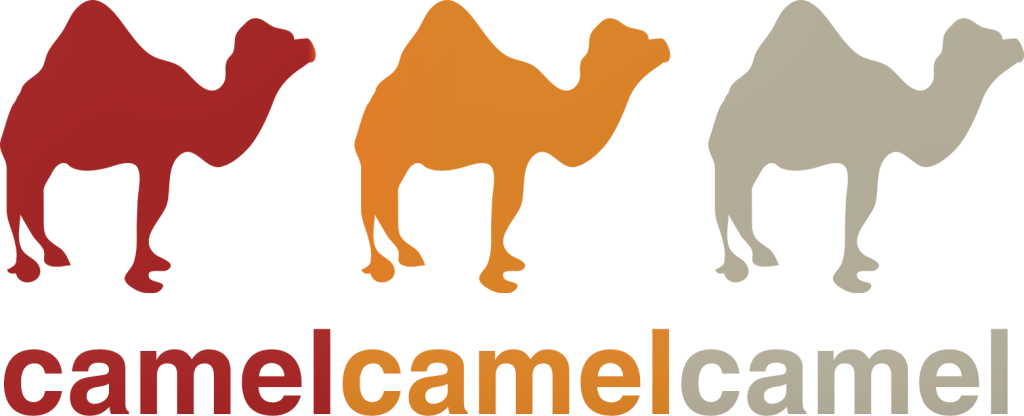
3. InvisibleHand (Best Browser Integration)
What It Does: Browser extension that automatically checks prices at other retailers while you shop
Best Features:
- Real-time price comparisons pop up as you browse
- Works on any shopping site automatically
- Shows better deals at competing retailers
- No setup required – just install and shop
Perfect For: Moms who shop across multiple websites
Mom-Friendly Factor: Zero effort required. Just shop normally and it alerts you to better deals.
Cost: Free
My Experience: Found the same stroller for $50 less at Target while browsing Buy Buy Baby. Saved me from overpaying without any extra work.
4. Rakuten (Best for Cashback + Price Tracking)
What It Does: Combines cashback shopping with price alerts and coupon codes
Best Features:
- Cashback at 3,500+ stores (1-40% back)
- Price alerts on favorited items
- Automatic coupon codes applied at checkout
- Quarterly cashback payments via PayPal or check
Perfect For: Getting paid while you price track
Mom-Friendly Factor: Earn money back on purchases you’re making anyway
Cost: Free (earns through retailer partnerships)
My Experience: Earned $312 in cashback last year while tracking prices on family essentials. The alerts caught several good deals I would have missed.
5. Keepa (Most Detailed Amazon Tracking)
What It Does: Advanced Amazon price tracking with detailed analytics
Best Features:
- Comprehensive price history including shipping costs
- Multiple alert types (price drops, availability, rating changes)
- Browser extension shows data directly on Amazon
- Tracks price across all conditions (new, used, collectible)
Perfect For: Amazon power users who want detailed price data
Mom-Friendly Factor: More complex than other options but provides the most thorough Amazon price intelligence
Cost: Free basic version, $19/year for advanced features
My Experience: The detailed charts helped me realize Amazon’s “Subscribe & Save” prices aren’t always the best deals – sometimes one-time purchases during sales are cheaper.
6. PriceGrabber (Best for Comparison Shopping)
What It Does: Compares prices across retailers and tracks price changes
Best Features:
- Side-by-side price comparisons from multiple stores
- Price drop alerts via email
- Product reviews aggregated from multiple sources
- Local store inventory checks
Perfect For: Comparing prices across many retailers for big purchases
Mom-Friendly Factor: Good for researching major purchases like appliances or furniture
Cost: Free
My Experience: Helped me find the best deal on our new washing machine across 12 different retailers, saving $150 compared to the first store I checked.
7. ShopSavvy (Best for In-Store Price Checking)
What It Does: Barcode scanner that compares prices and tracks items for price drops
Best Features:
- Barcode scanning for instant price comparisons
- Local store prices included in comparisons
- Wish list tracking with price drop alerts
- Coupon integration shows available discounts
Perfect For: In-store shopping with instant price checking
Mom-Friendly Factor: Perfect for checking if Target’s price beats Amazon while you’re standing in the store
Cost: Free
My Experience: Scanned a toy at Target and found it for $8 less on Amazon with same-day delivery. Bought it on my phone while standing in Target.
How to Choose the Right Price Tracking App
For Amazon-Heavy Shoppers:
Use CamelCamelCamel for basic tracking or Keepa for detailed analytics
For Multi-Store Online Shopping:
Start with Honey for the best all-around experience
For In-Store Shopping:
ShopSavvy lets you scan and compare on the spot
For Maximum Earnings:
Rakuten combines price tracking with significant cashback
For Big Purchases:
PriceGrabber helps research across many retailers
Setting Up Your Price Tracking Strategy
Step 1: Install Your Core Apps
Start with 2-3 apps maximum. I recommend:
- Honey (browser extension for automatic savings)
- CamelCamelCamel (if you shop Amazon frequently)
- ShopSavvy (mobile app for in-store checking)
Step 2: Create Your Tracking Lists
High-Priority Items (track immediately):
- Items over $50 you’re planning to buy
- Frequently purchased family essentials
- Seasonal items you buy annually
Wish List Items (track for opportunities):
- Higher-end items you’d buy at the right price
- Gift ideas for upcoming birthdays/holidays
- Home improvements you’re considering
Step 3: Set Realistic Price Targets
Research First: Look at 3-6 months of price history before setting your target
General Guidelines:
- Electronics: Wait for 20-30% drops from regular price
- Clothing: Target 40-50% off retail prices
- Home goods: Look for 25-35% savings
- Kids’ items: Often see 30-60% swings seasonally
Maximizing Your Savings with Price Tracking
Timing Strategies
Best Times for Price Drops:
- Sunday-Tuesday: Many online sales start
- End of seasons: Clearance on seasonal items
- Holiday weekends: Major sales events
- Back-to-school season: July-August for many family items
Annual Sale Cycles to Track:
- January: Fitness equipment, organization supplies
- February: Winter clothing, Valentine’s gifts
- March: Winter sports equipment
- April: Spring cleaning supplies
- May: Outdoor furniture, grills
- June: Graduation gifts, summer clothes
- July: Summer items, back-to-school prep
- August: School supplies, summer clearance
- September: Outdoor equipment
- October: Summer clothes clearance
- November: Black Friday/Cyber Monday everything
- December: Holiday clearance starts
Advanced Tracking Tips
Set Multiple Price Points:
- Target price (what you’d love to pay)
- Acceptable price (what you’re willing to pay)
- Maximum price (walk-away point)
Track Bundles vs. Individual Items: Sometimes buying items separately during different sales beats bundle prices.
Monitor Shipping Costs: A “better” price isn’t better if shipping makes it more expensive overall.
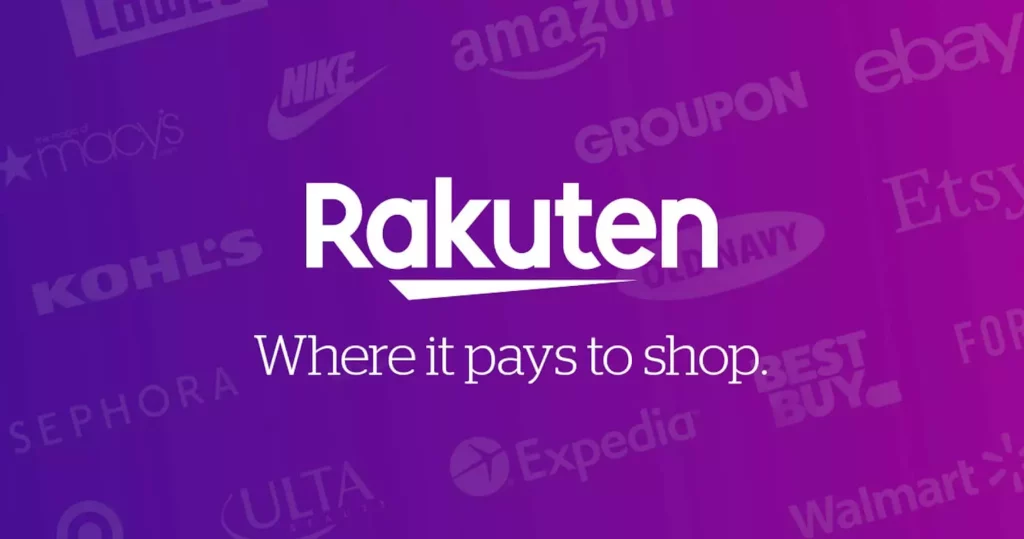
Common Price Tracking Mistakes to Avoid
Mistake #1: Tracking Everything
Problem: Information overload leads to decision paralysis Solution: Focus on items over $25 or things you buy monthly
Mistake #2: Setting Unrealistic Price Targets
Problem: Waiting for prices that never come Solution: Base targets on actual price history, not wishful thinking
Mistake #3: Ignoring Total Cost
Problem: Focusing only on item price, ignoring shipping, taxes, return policies Solution: Compare total out-of-pocket costs, not just item prices
Mistake #4: Analysis Paralysis
Problem: Researching forever but never buying Solution: Set a decision deadline – if you haven’t bought within 30 days, either buy at current price or remove from tracking
Price Tracking for Different Family Needs
For Bulk/Warehouse Shopping:
Track per-unit prices, not total prices. A 24-pack might cost more but save money per item.
For Organic/Specialty Foods:
These have less predictable price patterns but bigger percentage swings when they do go on sale.
For Kids’ Items:
Size up when items hit target prices – kids grow fast and you’ll need the next size soon anyway.
For Household Essentials:
Set conservative targets since you need these items regardless. A 15-20% savings is better than running out.
Combining Price Tracking with Other Savings Strategies
Stack with Coupons:
Use price tracking to identify sales, then apply coupons for maximum savings.
Credit Card Rewards:
Some cards offer bonus points at specific retailers. Time your tracked purchases to maximize rewards.
Cashback Apps:
Layer Rakuten, Ibotta, or other cashback apps on top of your tracked price drops.
Store Price Matching:
Use tracked prices as evidence for price matching at stores with those policies.
When Price Tracking Isn’t Worth It
Skip Tracking For:
- Items under $15 (time vs. savings ratio too low)
- Urgent needs you can’t wait for
- Items that rarely go on sale (basic groceries, utilities)
- Highly volatile pricing (gas, some fresh foods)
Red Flags to Watch For:
- Apps requiring too much personal information
- Tracking services that charge fees
- Apps with poor reviews about privacy
- Services pushing specific retailers suspiciously hard
My Personal Price Tracking System
Daily: Check Honey notifications (1 minute) Weekly: Review CamelCamelCamel alerts (5 minutes) Monthly: Clean up tracking lists, remove bought items (15 minutes)
My Top 5 Tracked Categories:
- Kids’ clothing (size up during sales)
- Household cleaning supplies (stock up at 30%+ off)
- Electronics (wait for 25%+ drops)
- Seasonal decor (buy after holidays for next year)
- Gift ideas (track year-round for birthdays)
Getting Started This Week
Day 1: Install Honey browser extension Day 2: Add 5 items you’re planning to buy to price tracking Day 3: Set up CamelCamelCamel account if you shop Amazon Day 4: Download ShopSavvy for your next store trip Day 5: Review first week of alerts and adjust price targets
Quick Win: Track one item you were going to buy this week anyway. Even if you don’t save money, you’ll gain confidence in the system.
Price tracking apps have saved my family over $2,000 in the past year by helping me buy smart instead of impulsively. The key is starting simple and building habits that work with your shopping routine, not against it.
The bottom line: These apps do the work of watching prices so you can focus on your family instead of constantly checking for deals. Install one today and start tracking your next purchase – your budget will thank you.
